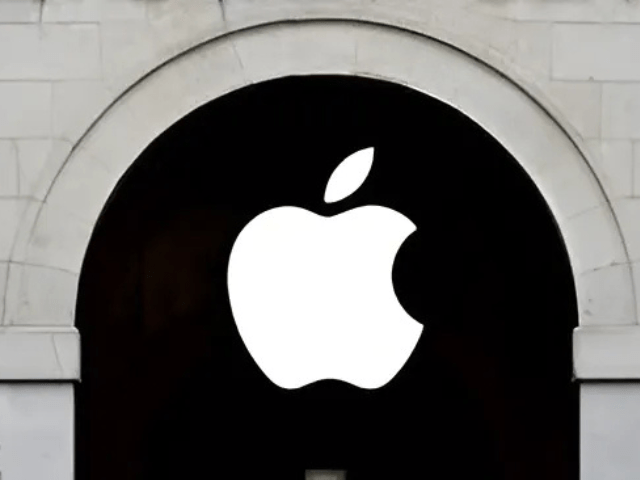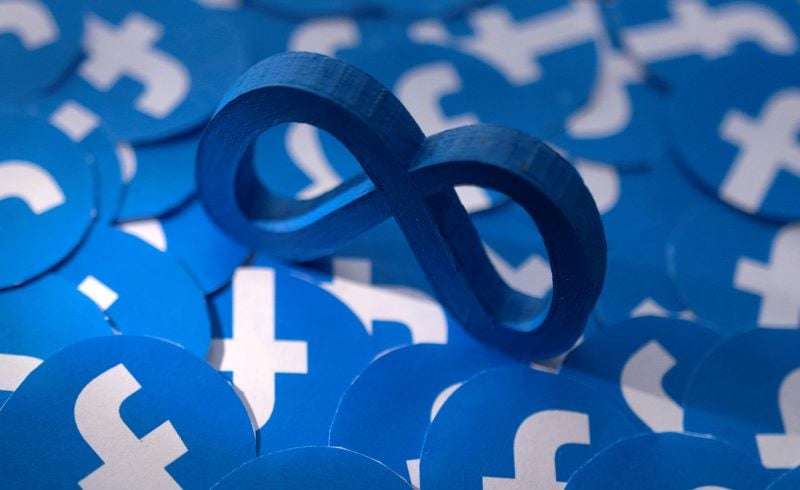As the debate surrounding Diversity, Equity, and Inclusion (DEI) policies intensifies in the corporate world, Apple’s board of directors has firmly opposed a proposal from the National Center for Public Policy Research (NCPPR) to discontinue the company’s DEI initiatives. This proposal, which will be put to a vote during Apple’s upcoming annual general meeting on February 25, has sparked significant discussion about the future of DEI in American businesses.
The NCPPR, a conservative think tank, argues that DEI programs expose companies to legal, financial, and reputational risks. However, Apple’s board contends that such a proposal is unnecessary and undermines the company’s internal policies and strategic goals. In this article, we explore the details of the proposal, Apple’s response, the wider context surrounding DEI in U.S. companies, and the broader implications for the corporate world.
What is DEI?
Understanding Diversity, Equity, and Inclusion
Diversity, Equity, and Inclusion are three interrelated concepts that guide the development of workplace policies and organizational culture. DEI programs are designed to foster an environment where employees from all backgrounds feel welcome, respected, and valued. These initiatives focus on different aspects of organizational life, ensuring fairness, equal opportunities, and an inclusive culture.
- Diversity refers to the representation of various groups within the workforce, including but not limited to race, gender, sexual orientation, age, disability status, and more.
- Equity emphasizes fairness, aiming to eliminate disparities in hiring, promotions, compensation, and access to opportunities.
- Inclusion ensures that individuals from diverse backgrounds are integrated into the workplace in a way that makes them feel that they truly belong.
These programs typically include training, recruitment practices, employee resource groups, mentorship opportunities, and various other initiatives designed to foster an inclusive and equitable workplace.
Why DEI Matters to Companies Like Apple
For tech giants like Apple, DEI programs are not just about fulfilling a moral or ethical responsibility. These initiatives are also viewed as a way to boost creativity, innovation, and business performance. By bringing in a diverse range of perspectives and experiences, companies can solve problems more effectively, appeal to a wider customer base, and improve overall employee satisfaction.
In recent years, companies across industries have increased their focus on DEI programs, responding to societal demands for more inclusivity and equal representation. Apple has been a pioneer in promoting diversity within its workforce, and the company has often highlighted its efforts to diversify its leadership and global talent pool.
The NCPPR’s Proposal to End DEI Programs
The National Center for Public Policy Research’s Stance
The National Center for Public Policy Research (NCPPR) is a conservative organization that has consistently voiced opposition to DEI initiatives in the workplace. In this case, the group submitted a proposal to Apple’s board of directors, urging the company to end its DEI programs.
The NCPPR argues that DEI policies could expose companies to significant legal and financial risks, especially as the legal landscape surrounding workplace diversity initiatives continues to evolve. Specifically, they contend that DEI programs might clash with emerging legal precedents, including those related to affirmative action and reverse discrimination. Moreover, the NCPPR suggests that these programs might create reputational risks if they are perceived as prioritizing certain groups over others.
The NCPPR’s Specific Concerns
The conservative group has raised several concerns with DEI policies:
- Legal Compliance: The group argues that DEI policies might run afoul of the law, particularly with respect to employment laws that prevent discrimination based on race, gender, or other protected characteristics.
- Financial Risks: There are concerns that DEI programs might not deliver the financial returns they promise. The NCPPR suggests that companies may be spending resources on initiatives that have little measurable impact on business performance.
- Reputational Risks: There’s the possibility that DEI initiatives could alienate certain customer or employee groups, particularly if these programs are seen as preferential treatment for specific demographics.
Apple’s Response: Defending DEI Programs
Apple’s Board of Directors Stance
Apple’s board has responded robustly to the proposal from the NCPPR. In its formal reply, the board argued that the proposal was unnecessary and intrusive. Apple contends that it already has adequate mechanisms in place to ensure that its DEI programs comply with all applicable laws and best practices.
In a statement, Apple emphasized that the NCPPR’s call to end DEI initiatives attempts to micromanage the company’s internal policies. The board made it clear that the company’s DEI efforts are not only in line with legal requirements but are also critical to fostering an inclusive culture that aligns with Apple’s core values.
Apple’s Commitment to Diversity, Equity, and Inclusion
Apple has long been a champion of diversity, and the company continues to prioritize DEI as part of its global mission. The company has implemented various programs over the years aimed at improving representation and creating a more equitable work environment. Notably, Apple has consistently published annual diversity reports that detail its progress in achieving greater racial and gender representation at all levels of the company.
The company’s chief diversity officer, who is responsible for overseeing Apple’s DEI programs, has also stressed the importance of continued progress in this area. Apple believes that its commitment to diversity is essential not only for its own success but also for the success of the broader tech industry.
Legal and Regulatory Landscape
Apple’s response to the NCPPR’s proposal also references the legal and regulatory landscape surrounding DEI. The company maintains that it is well-positioned to navigate changes in the law, especially in light of recent rulings from the U.S. Supreme Court on affirmative action. Apple has indicated that it will continue to monitor legal developments and make adjustments to its DEI programs as necessary to stay compliant.
The Broader Trend: U.S. Companies Scaling Back DEI Initiatives
Shifting Priorities Across Corporate America
The debate over DEI is not unique to Apple. Many prominent U.S. companies have been reevaluating the scope and effectiveness of their DEI programs in recent years. High-profile companies like Meta, Amazon, Walmart, and McDonald’s have all made adjustments to their DEI strategies, driven in part by changing political dynamics and evolving legal frameworks.
For instance, Meta recently announced that it would scale back its DEI efforts, citing a “shifting legal and policy landscape” that may impact its approach. CEO Mark Zuckerberg has also had to contend with backlash from conservative groups, including former President Donald Trump, who has been a vocal critic of DEI programs.
Legal Challenges and Political Pressure
The legal challenges to DEI initiatives have become more pronounced, especially after the U.S. Supreme Court’s recent ruling on affirmative action, which has affected how universities and organizations can approach diversity. These rulings have prompted some companies to reconsider their DEI programs, while others, like Apple, continue to assert the importance of such initiatives.
Additionally, political pressure has been mounting, with conservative groups intensifying their efforts to challenge DEI policies across the corporate landscape. Many of these groups argue that DEI initiatives violate principles of meritocracy and individual rights, leading to further scrutiny of such programs.
Conclusion: The Future of DEI Programs in Corporate America
The Ongoing Debate
The debate surrounding DEI programs in corporate America is far from settled. While some companies, like Apple, are doubling down on their commitment to diversity, equity, and inclusion, others are rethinking or scaling back their initiatives in response to legal and political pressures.
What is clear is that DEI will continue to be a focal point for corporations, policymakers, and society at large in the years to come. As the legal landscape evolves and societal expectations shift, businesses will need to find a balance between promoting diversity and ensuring that they stay compliant with evolving laws.
What’s Next for Apple?
For Apple, the upcoming vote at its annual general meeting will be a defining moment in its DEI journey. The outcome of this vote will likely influence how the company moves forward with its diversity initiatives in the future, and could set a precedent for other companies grappling with similar debates.
FAQ Section
1. What is the National Center for Public Policy Research’s stance on DEI?
The National Center for Public Policy Research (NCPPR) argues that DEI programs expose companies to legal, financial, and reputational risks and has proposed that Apple end its DEI initiatives.
2. Why does Apple’s board oppose the proposal to end DEI?
Apple’s board believes that the proposal is unnecessary and that the company already has adequate mechanisms in place to ensure compliance with the law. They also argue that it attempts to micromanage the company’s policies.
3. When will Apple’s DEI proposal be put to a vote?
The proposal to end DEI programs will be put to a vote during Apple’s annual general meeting on February 25.
4. What are the key elements of DEI programs?
DEI programs focus on promoting diversity (representation of various groups), equity (ensuring fairness and equality in treatment), and inclusion (creating a sense of belonging for all employees).
5. What other companies have scaled back their DEI initiatives?
Notable companies like Meta, Amazon, Walmart, and McDonald’s have made adjustments to their DEI efforts in recent years, partly in response to legal and political pressures.



